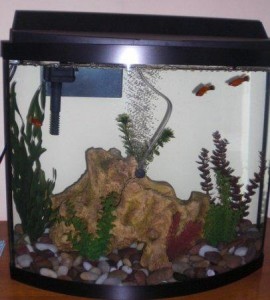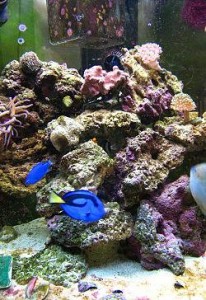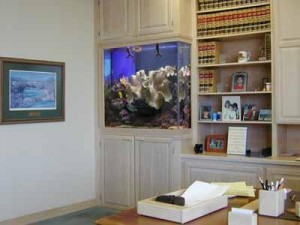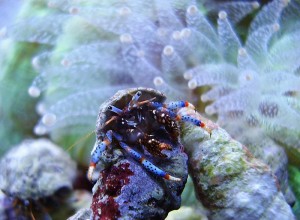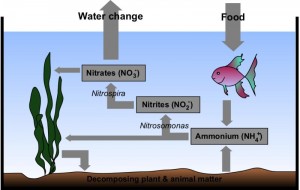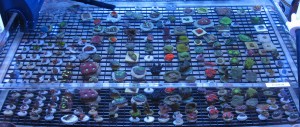
Following a hobby like reef keeping is no inexpensive task. The overall asset you put into maintaining its healthy and uninterrupted growth combined with the price you pay for buying the livestock and equipments can cost you a fortune. The need for high intensity lighting shows up in your electricity bills. Other than real enthusiasts, not everyone might want to… [Read More]


